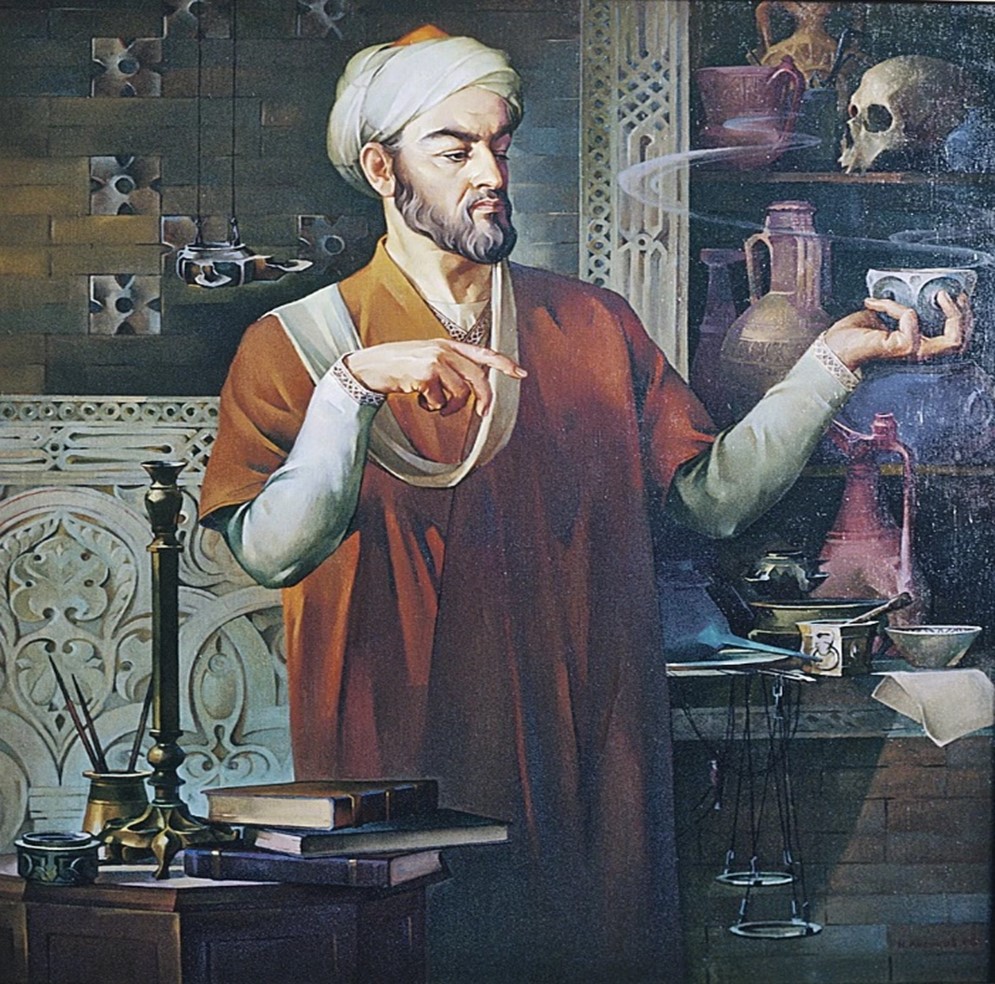WISDOM THROUGH THE AGES-AVICENNA
"Idleness and idleness not only breed ignorance,
they are at the same time the cause of disease."
(Avicenna)
For more than ten centuries the name of Avicenna has been among the immortal thinkers and scientists of the whole world. He is the greatest representative of the leading figures and enlighteners of Central Asia. A natural scientist and mathematician, philosopher and physician, literary scholar and poet - and this is not several persons, but one person!
Avicenna’s contribution to science and culture is undeniable. He, possessing encyclopedic knowledge, made discoveries in different sciences. The valuable legacy of Avicenna occupies the most important place in the history of the development of world civilization.
The small village of Afshana, 30 kilometers from Bukhoro, the capital of the Samanid state, is the birthplace of Avicenna. Here in 980 a boy named Hussein was born. It is known that from an early age the future scientist showed extraordinary abilities and talents. And already five-year-old Hussein's father Abdullah brought to Bukhoro for his son to get a good education. There Hussein learned the Arabic language, and by the age of 10 he knew the Qaran by heart. The boy successfully mastered such sciences as arithmetic, Muslim law and geometry.
In his autobiography, the scientist recalled the arrival in Bukhara of the famous scholar Abu Abdullah Natili, who gave him lessons in logic and philosophy. But starting at the age of 14, Hussein began to study astronomy, metaphysics, geometry and then medicine on his own. At the age of 16, the young man managed to master the science of healing so thoroughly and deeply that prominent doctors of the time turned to him for advice. Once, the Emir of Bukoro himself turned to him for help.
Avicenna, with great zeal and passion, spent nights on end mastering geometry, astronomy, music. Most of all, he loved medicine. He knew well the works of ancient Greek philosophers and scientists, among them the names of Hippocrates, Plato and Aristotle.
Avicenna wrote his philosophical work "Studies on mental forces" at the age of 17. Who would have thought that a young boy could reason so maturely about hidden meanings. At the age of 21, the scientist wrote the book "Al-majmul", in which the author shares his thoughts on poetics, rhetoric, and other sciences.
In 1005, Avicenna moved to Khorezm. Seven years later he went to Jurjan, then to the cities of Khorasan and Iran. In Jurjan Avicenna began to work on the famous multi-volume work "Canon of medical science". Most of all Avicenna wanted the science of healing to be widely popularized. The work is still relevant today. More and more often doctors and scientists from all over the world turn to the scientific conclusions of Avicenna. After all, his ideas are as relevant as they once were. For example, the scientist wrote that it is much more important to prevent a disease than to cure it:
There's a long list of symptoms,
I've described them in detail before,
And I'll say it again: treat the causes
That's the main principle of our medicine.
Even during his lifetime, Avicenna became a celebrity. In Europe he was called Avicenna (Latinized pronunciation of his name). Avicenna left a huge legacy: works on medicine, books on logic, physics, mathematics and other sciences. He wrote more than 450 works, of which about 240 have come down to us.
He died on June 24, 1037. Undoubtedly, Avicenna's legacy is the most valuable gift for generations not only today, but also for all subsequent generations, at least for several centuries ahead.
Department of social sciences of the ATSMU
translated
Ruzimuhammad Ismoilov

